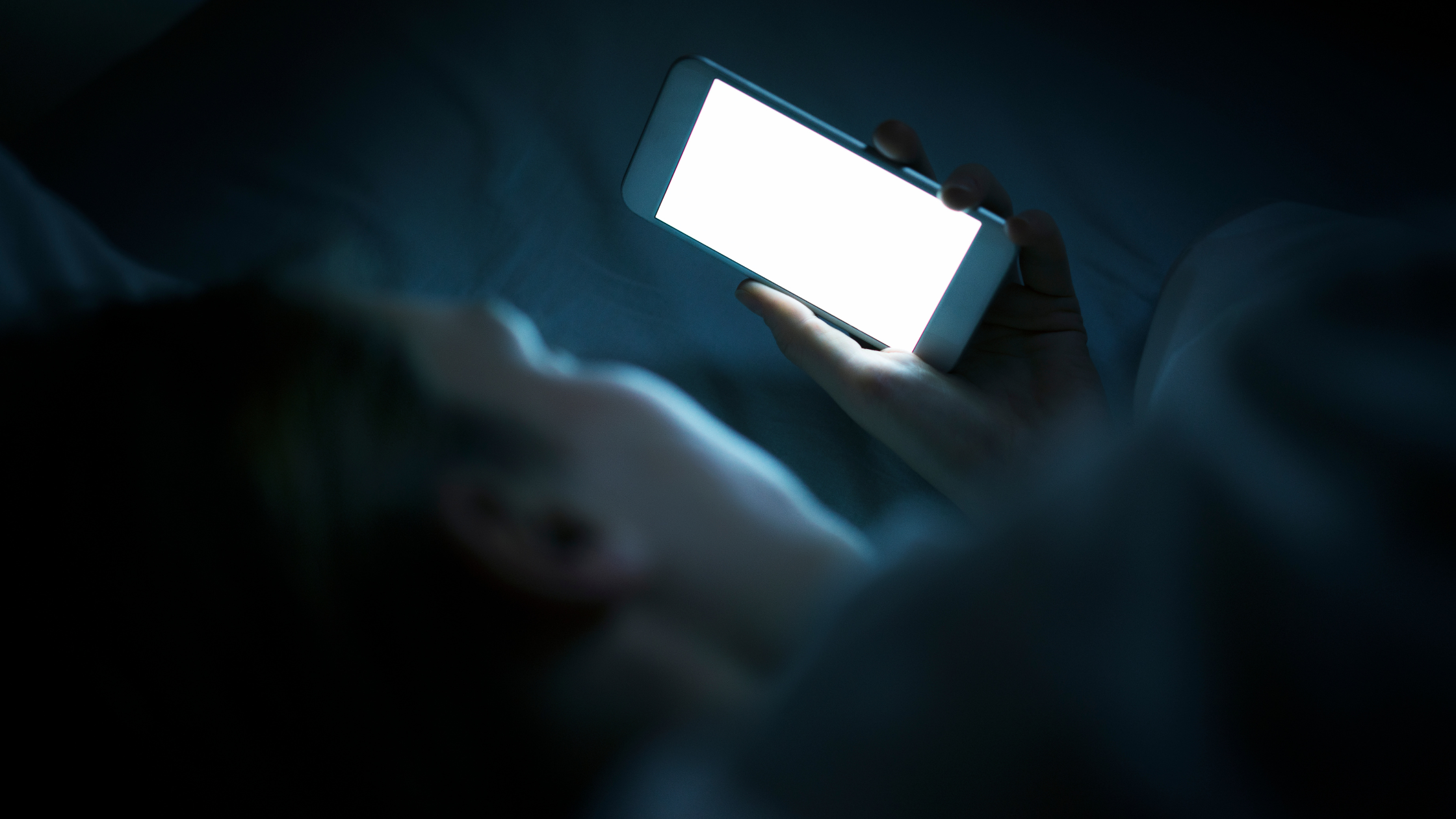
In our fast-paced, technology-driven world, the influence of modern gadgets on our lives is undeniable. From smartphones and tablets to laptops and smart TVs, technology has become an integral part of our daily routines. However, this constant connectivity comes at a cost, especially when it comes to our sleep patterns. In this blog post, we will explore the impact of technology on sleep and discuss ways to find balance in a digital age.
Blue Light and Sleep Disruption
One of the most significant impacts of technology on sleep is the exposure to blue light emitted by electronic devices. Blue light suppresses the production of melatonin, a hormone that regulates sleep-wake cycles. Late-night use of smartphones, tablets, and computers can delay the onset of sleep, making it harder to fall asleep and affecting sleep quality.
Increased Arousal and Mental Stimulation
Engaging with technology before bedtime can lead to increased arousal and mental stimulation, making it challenging to unwind and relax. Scrolling through social media, watching thrilling TV shows, or playing video games can keep the mind active, preventing the natural transition into a restful state before sleep.
Disrupted Circadian Rhythms
Our bodies have internal clocks, known as circadian rhythms, which regulate our sleep-wake cycles. The use of technology at night can disrupt these rhythms, confusing our bodies about when it's time to sleep and when it's time to wake up. Irregular sleep schedules caused by technology can lead to sleep disorders and long-term health consequences.
Sleep Quantity and Quality
The prevalence of technology can significantly impact both the quantity and quality of our sleep. Late-night use of electronic devices can result in shorter sleep durations, as people tend to sacrifice sleep time for screen time. Moreover, the disruptive nature of technology can lead to fragmented and shallow sleep, reducing the overall quality of restorative rest.
Establishing Healthy Digital Habits
While technology has its downsides, it doesn't mean we have to abandon it entirely. It's crucial to establish healthy digital habits to minimize the impact on our sleep patterns. Some strategies include:
- Implementing a digital curfew: Set a specific time to disconnect from technology at least an hour before bedtime.
- Reducing blue light exposure: Enable the "Night Shift" or "Night Mode" feature on devices to reduce blue light emission. Alternatively, use blue light-blocking glasses in the evening.
- Creating a sleep-friendly environment: Keep electronic devices out of the bedroom, ensuring it remains a calm and technology-free space dedicated to sleep.
- Practicing relaxation techniques: Engage in activities like reading a book, listening to soothing music, or practicing meditation to unwind before sleep.
- Establishing a consistent sleep schedule: Maintain a regular sleep-wake routine to help regulate your body's internal clock and improve overall sleep quality.
- Prioritizing sleep hygiene: Adopt healthy sleep habits such as avoiding caffeine and stimulating activities close to bedtime, keeping the bedroom cool and dark, and ensuring a comfortable sleep environment.
Conclusion
Technology has undoubtedly revolutionized our lives, but its impact on sleep patterns should not be overlooked. Being aware of the negative effects of technology on sleep and taking proactive measures to establish a healthy balance can lead to improved sleep quality and overall well-being. By implementing simple strategies and adopting mindful digital habits, we can reclaim our sleep and ensure that technology serves us rather than disrupts our rest. Remember, finding harmony between technology and sleep is essential for a balanced and fulfilling life in the digital age.
If you or someone you know is struggling with sleep deprivation, then please click the orange button below to take a free online sleep test and talk with one of our sleep health professionals.

